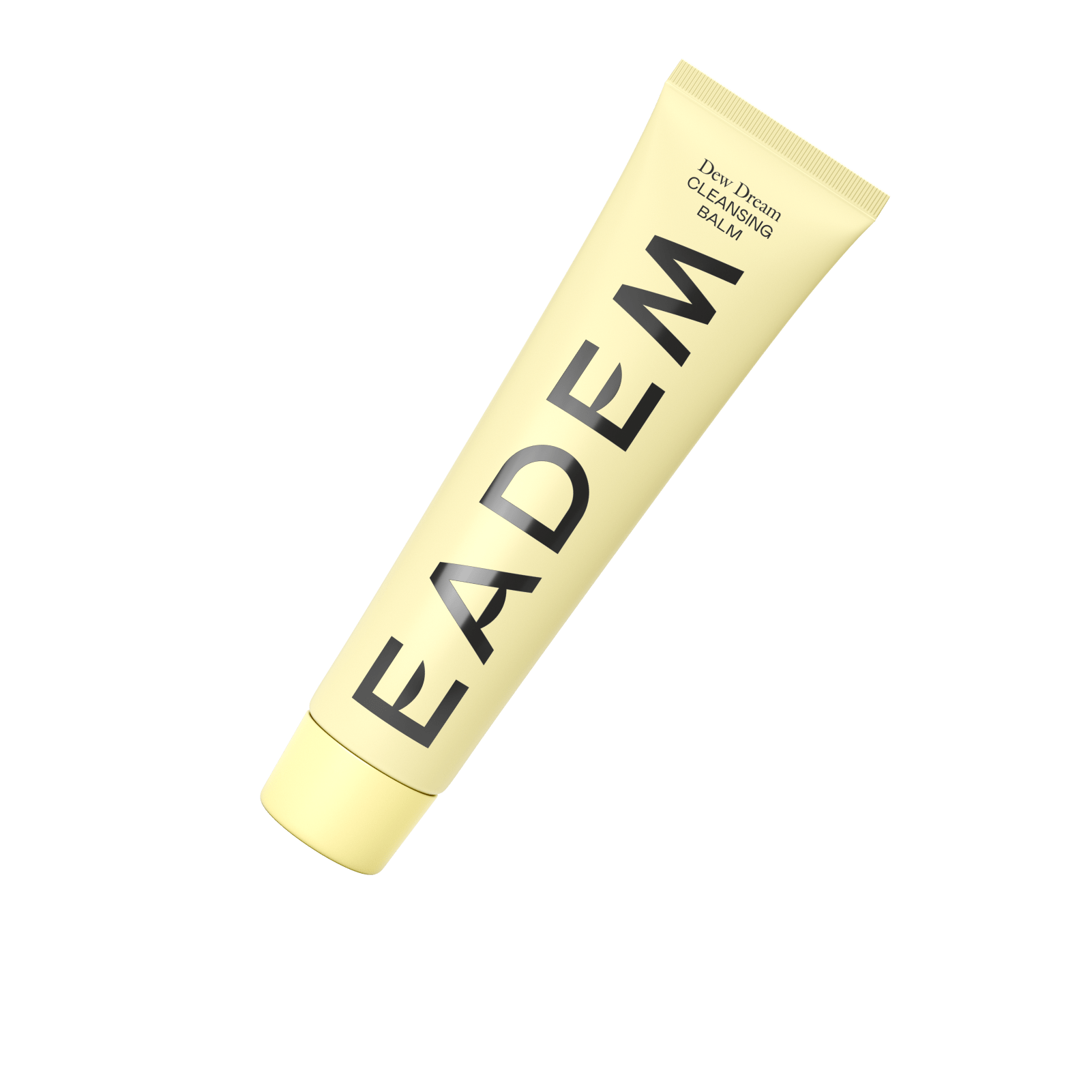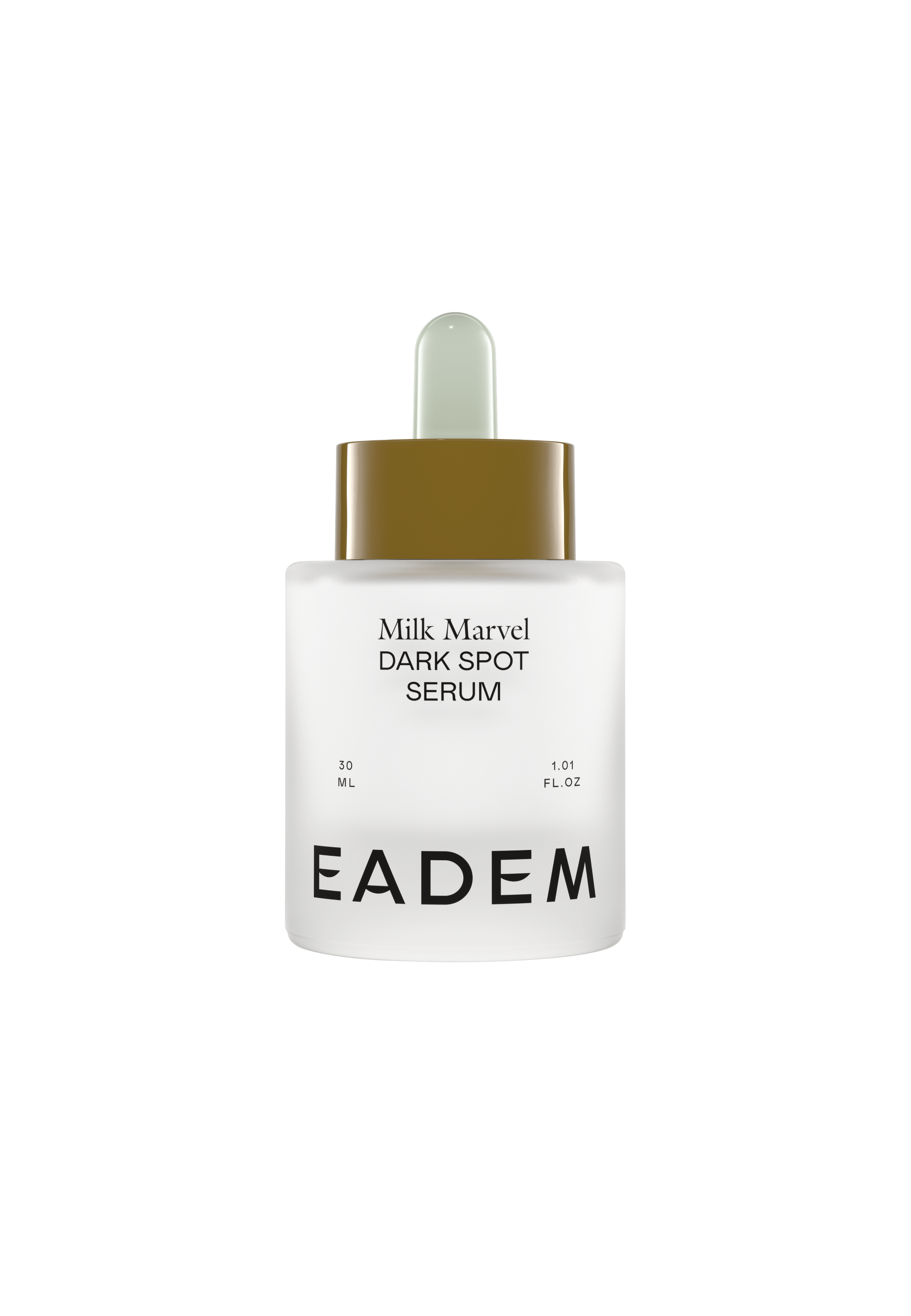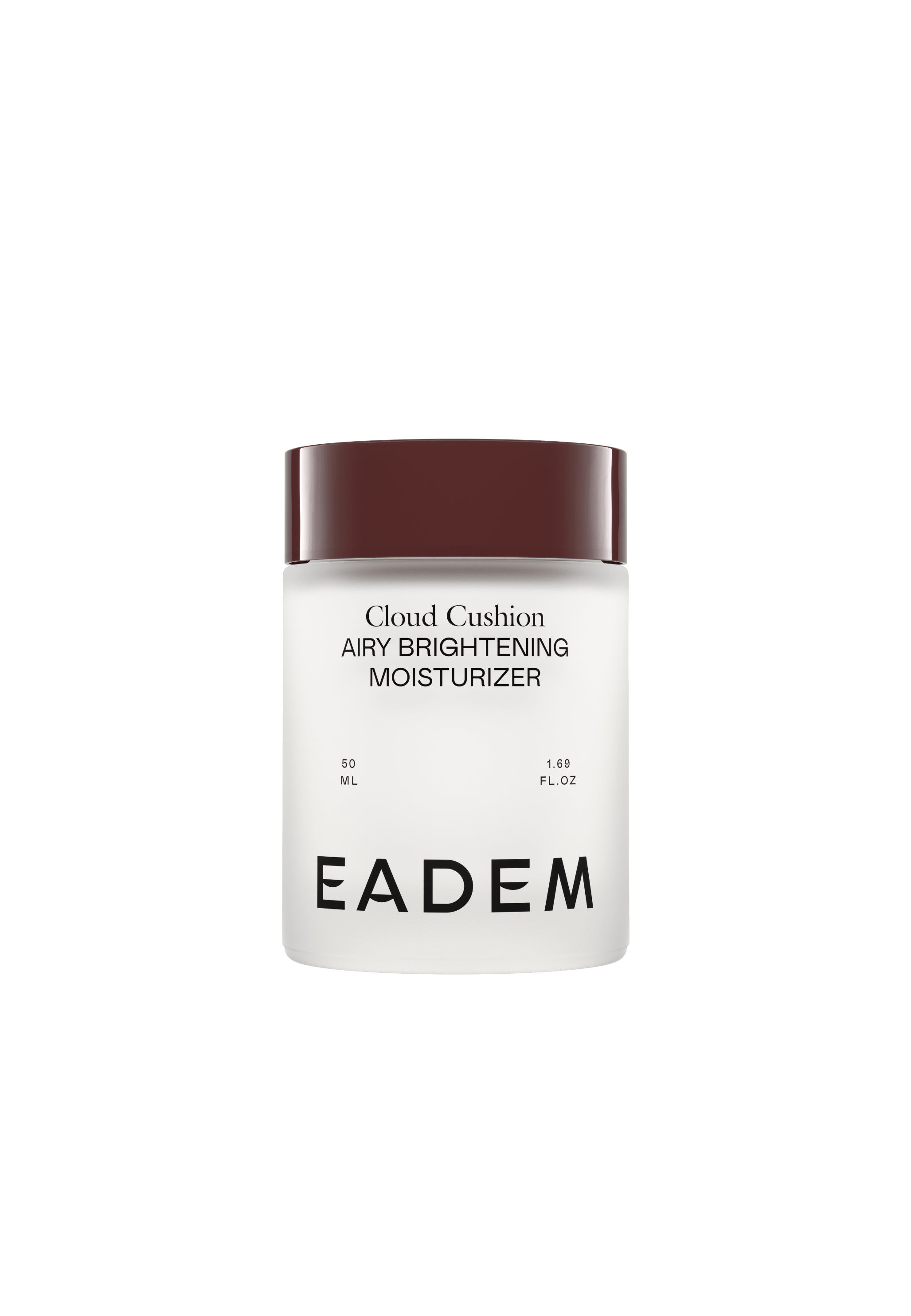How I learned self-care despite my immigrant mother's asceticism
Marie Kouadio Amouzame @ 2022-05-06 07:07:24 -0400Like most immigrant children, I grew up speaking the language of longing. Not for material goods (although those impulses would emerge eventually) but for experiences beyond my own purview. Mostly I coveted romantic tropes I’d learned from books or movies: How families would gather in kitchens thick with chatter and warm bodies, as in Diane Keaton’s films; or how girls would forge friendships in their bedrooms after school, as in the Baby-Sitters Club.
Most indelible in my memory were the mother-daughter interactions in Gilmore Girls: the way Rory watched her mother Lorelai prepare for dates, dipped into her mom’s makeup stash, and borrowed her favorite clothes. Today, I still find myself harboring a strange nostalgia for moments that I’ve never experienced: watching my own mother slip on her favorite dress, sneaking a spray of her signature perfume, or applying lipstick exactly like her. Girls learned how to exist in the world through observational osmosis. But, to my chagrin, my mother never put on a show.
Perhaps I am so fond of beauty rituals because my mother is a woman who lives without them. She never wears makeup or jewelry or anything scented. She certainly does not have a skincare routine. If she washes her face at all, it’s done inconspicuously, in the shower. She’s always been like this. Even at the height of winter in Quebec City, her moisturizing regimen consisted of a few swipes of Vaseline to the cheeks. “It’s all you need,” she’d say. Cheap, effective — even doubles as lip balm.
For my mother, skincare was synonymous with indulgence, as was any form of beauty maintenance beyond fundamental hygiene. Haircuts were not something one paid for, but something done at home in the mirror. Makeup constituted vanity, even simple-mindedness, for surely one would flaunt their intelligence — not their “features” — if given the choice. Since hands were for labour, nails were kept short and clean.
So goes the immigrant’s narrative of survival, and its characteristic asceticism: keeping worn clothes for rags, wearing layers instead of heating the house, reusing every container. What was not a need was a want, and wants were always wasteful.
So goes the immigrant’s narrative of survival, and its characteristic asceticism: keeping worn clothes for rags, wearing layers instead of heating the house, reusing every container. What was not a need was a want, and wants were always wasteful.
But where my mother eschewed scented products, I studied perfumery in the South of France. While she was frugal by nature, I developed an incorrigible shopping habit, which was tied up in my own messy story of self-worth. Among my countless purchases — natural wines, Japanese ceramics, designer coats — were beauty products, which I found myself acquiring with abandon.
Unlike my mom’s barren bathroom, mine was fully stocked. I collected hydrating toners, moisturizers of varying thickness, and serums brimming with “actives.” There were face oils for brightening, soothing, preventing. At least three of my lipstick shades could be described as terracotta. Most of these were acquired in private, after we’d stopped living in the same house. I’d learned my lesson at fifteen, when she deemed my first-ever skincare purchase — a medicated cleanser to treat hormonal acne — unnecessary. What can a face cleanser do that a washcloth can’t? she asked. (She has never had acne, obviously.) Why pay money to wash it down the drain? To this day, the invisible price tags hovering above the bottles in my medicine cabinet still occasionally summon my critical voice. It sounds an awful lot like her.
“Caring for myself is not self-indulgence,” says Audre Lorde. “It’s self-preservation.” Although endlessly quoted and commodified as a slogan for rich women to justify their costly wellness habits, the essence of Lorde’s words still ring true. After all, care is an attention which we often reserve for others, and rarely for ourselves. This is doubly true for immigrant parents.
My mother never took time to care for herself, because something else always took precedence: learning a new language in Quebec City, juggling graduate studies while caring for two children, managing household finances to pay off the mortgage as soon as possible. (She did it in five years.) Simply, there were too many needs to leave room for her wants. And she survived the only way she knew how: by sacrificing her longings so that her children could lead a life very different from her own. Though selfless, I always wonder what she lost of herself in the process.
Simply, there were too many needs to leave room for her wants. And she survived the only way she knew how: by sacrificing her longings so that her children could lead a life very different from her own. Though selfless, I always wonder what she lost of herself in the process.
As for me, I mistook self-indulgence for self-preservation. My obsession with beauty wasn’t grounded in the belief that I am deserving, but rather the capitalist maxim: I deserve it. After having a disposable income for the first time, I felt that I deserved all of it: the expensive serums, the cheek stains, the products that promised Rihanna-level porelessness. Slowly, I drained my bank account while the products sat on the shelf, unused. Only then did I learn that self-care products do not constitute self-care: an excess of them left me feeling empty in more ways than one.
In those ways, my mom and I both got it wrong. By choosing survival, she neglected her own care. By choosing self-indulgence, I actively opted into my own self-destruction. Eventually I found my balance: It exists somewhere between the bare minimum required to survive, and the excess I assumed was needed to thrive. These days I am learning to listen to my needs and honor them accordingly. Often the answer isn’t a new wellness product, but instead a walk around the block, a favorite song, or a long-distance phone call. However, sometimes a thick, expensive moisturizer that smells like orange flowers and reminds me of the summer within me truly does the trick.



